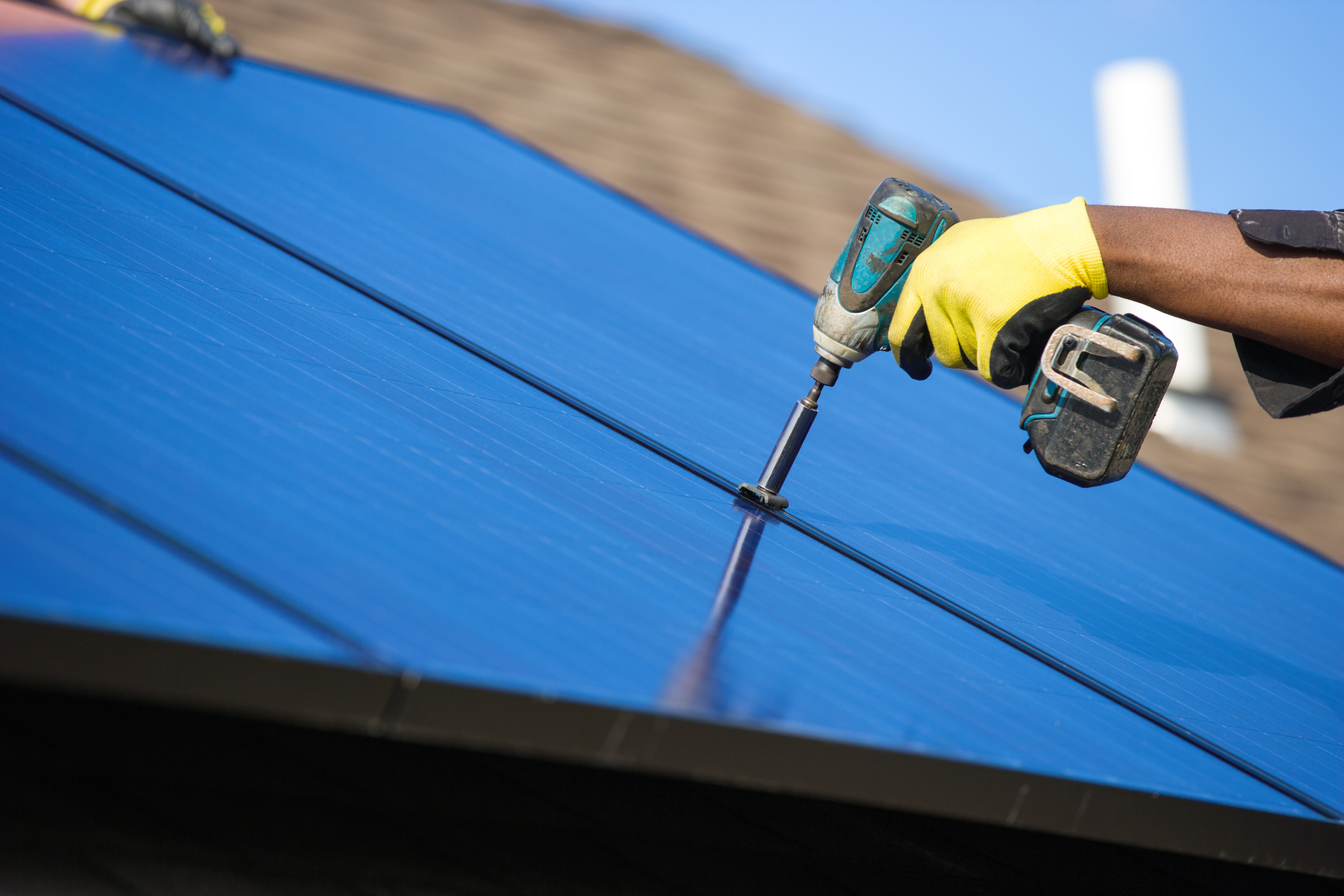Concerns over energy are once again front-and-center in the United States. A new Gallup poll released last week revealed “Americans’ worry about the U.S. energy situation has risen sharply in the past year to a level not seen in nearly a decade,” with more than seven out of ten U.S. adults saying they “worry about the availability and affordability” of energy.
A total of 73 percent of Americans told Gallup they were worried either a “great deal” (37 percent) or a “fair amount” (36 percent) about energy availability and affordability – up 19 percentage points from a year ago.
That’s the highest reading since 2012 – sparked in no small part, pollsters noted, by the disastrous impact a severe winter storm had on energy infrastructure in the state of Texas earlier this year.
In South Carolina, the energy debate has reached a fever pitch in the aftermath of NukeGate – the botched construction of a pair of since-abandoned nuclear reactors in Jenkinsville, S.C. This command economic debacle – spearheaded by state lawmakers – deprived taxpayers and ratepayers of more than $10 billion (and counting).
One of the participants in this fiasco – government-run utility Santee Cooper – is now the focus of an intense debate over whether it ought to be offloaded to the private sector in light of its escalating debt and habitual mismanagement/ dishonesty. That’s something our founding editor Will Folks first advocated for way back in 2008, incidentally – right around the time left-leaning lawmakers like Luke Rankin were embarking on their failed socialized investment experiment in nuclear power.
Another front in the Palmetto State’s ongoing energy war involves subsidies granted to the solar power industry in the hopes of facilitating its expansion as a viable alternative to fossil fuels. We addressed this debate last month as regulators with the S.C. Public Service Commission (SCPSC) found themselves embroiled in contentious conversations over the state’s current solar subsidy structure.
At issue: How to modify this structure to maximize fairness to consumers while at the same time maintaining an incentive for the growth of the solar industry among residential, rooftop customers?
Obviously this is a critical balance to strike … yet no one seems sure exactly how to strike it.
On the one hand, Virginia-based Dominion Energy has been accused of attempting to hinder the affordability of solar by pushing for a reduction in the subsidy. Dominion has countered that solar installers have been less-than-forthcoming with customers about how their operations exploit these incentives – accusing them of waging “a carefully orchestrated campaign of misinformation” which has misdirected customer anger.
Some solar backers may have also contacted state lawmakers and urged them to apply pressure on SCPSC commissioners – which they are prohibited from doing by law.

***
As we noted last month, Dominion has an estimated 11,000 customers in the Palmetto State currently availing themselves of so-called “net metering” incentives – which allow solar producers to sell their surplus energy back to utilities at artificially high rates.
State and federal credits already pay for more than half of solar installations (up to $30,000) – but “net metering” incentives are ongoing payments from utilities to solar customers for surplus power provided to their grids.
Solar backers want to keep these subsidies up and running in perpetuity in the hopes of transitioning more users to renewable power sources – while utilities argue such an open-ended policy is unfair to them and the vast majority of their consumers.
Dominion told regulators the company has an estimated 740,000 non-solar customers who must absorb the costs of the subsidies – which they contend are regressive in nature.
Most solar customers want to keep their panels – and the artificially elevated payouts they receive from them (to the extent installers don’t claim these credits for themselves). Not all solar customers are pleased with their investment, though … especially after learning of some of the questionable terms contained in these agreements.
According to several individuals who testified before the SCPSC last week, solar operators have not been truthful in their sales pitches – including concealing key information about “lease escalators” which raise the costs of the panels by an estimated three percent each year.
Providing particularly riveting testimony to commissioners regarding some of these allegedly unsavory tactics was Samuel Branham, a senior citizen from Blythewood, S.C.
“Right now, I am paying for my monthly payment for the solar about the same thing as what it would cost me for electricity (from the grid),” Branham said. “If it goes up, I’m going to be losing money.”
Branham blamed Vivint Solar – a company he repeatedly accused of dishonesty in his sworn statement.
“They told me so many lies,” Branham said. “I went to the regulatory part of the (SCPSC) and tried to get something done but … they said I signed a lease and more or less what I gotta do is fulfill the lease.”
Branham said he spoke with two attorneys after failing to get anywhere with the SCPSC, but both lawyers told him “it will cost you as much to get out of it as what you’re going to have to pay off.”
“I was lied (to) – my wife and myself – we were both lied to,” Branham said. “They told us it was something else. We were lied (to) all the way down.”
“I am not the only old person that’s been done this way,” Branham added. “I got an elderly man that lives over in Jenkinsville that’s been done the same way I have except he’s been charged a lot more than I have.”
RELATED | SC Regulator Recuses Himself From Solar Subsidy Debate
Several other elderly citizens testified before the SCPSC in opposition to Sunrun, a rooftop solar provider. In addition to imposing annual “lease escalators” of three percent on many of its customers, Sunrun sales representatives also allegedly declined to inform them of the expiration dates associated of current net metering incentives.
When customers complain about the discrepancies, Sunrun shifts the blame back on the utility.
Chad Burgess, an attorney for Dominion, ripped Sunrun in his testimony before the SCPSC – accusing the company of having “withheld important information from these customers.”
“The solar industry and their allies claim that Dominion Energy’s proposal will kill the solar industry, but I would submit to you that it’s not Dominion Energy’s proposal that is killing the solar industry, it’s the solar industry with their questionable tactics that’s going to end up killing the solar industry,” Burgess said. “I don’t blame these folks for wanting to hold onto the subsidy that they enjoy today, but they’re blaming Dominion Energy because Sunrun has told them to do so.”
This news outlet will continue to keep tabs on the solar subsidy issue as it makes its way through the SCPSC. We will also continue following the debate as it shifts back over to the S.C. General Assembly – including what we are told will be a “major anti-subsidy push” at the grassroots level.
***
WANNA SOUND OFF?
Got something you’d like to say in response to one of our articles? Or an issue you’d like to address proactively? We have an open microphone policy! Submit your letter to the editor (or guest column) via email HERE. Got a tip for a story? CLICK HERE. Got a technical question or a glitch to report? CLICK HERE.
(VIA: GETTY IMAGES)


